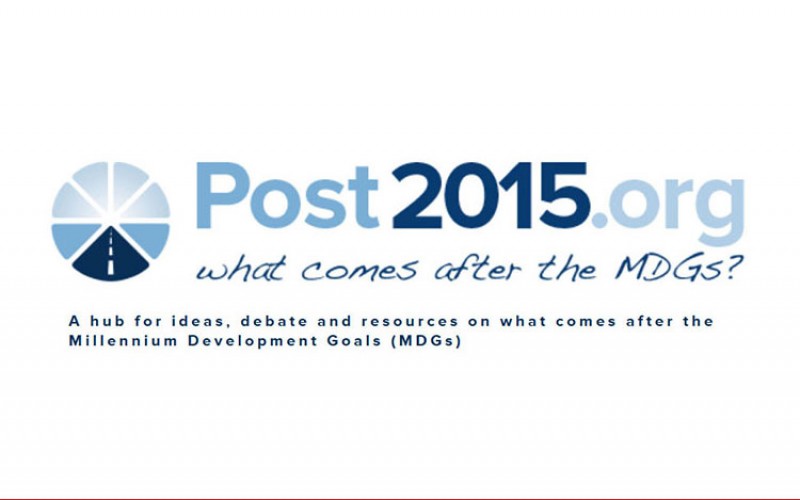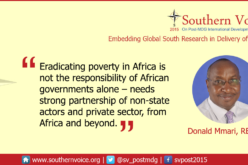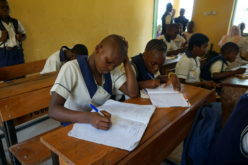This post is written by Amina Khan, Research Officer, Growth, Poverty and Inequality, and Elizabeth Stuart, Research Fellow, Growth, Poverty and Inequality, ODI
There is, now, a widespread recognition that statistical activity is as much political as it is technical, and that if the data revolution is to deliver its full potential, the capacity of national statistical agencies needs urgently to be built in a way that frees the numbers from political capture.
There are clear incentives to create apolitical and autonomous statistical bodies (e.g. in Chief Statisticians being able to define and defend what constitutes official data), but sadly the reality is that politics can and often does trump statistics.
For a data revolution for development to truly take root, the evolution of statistical systems needs to be much better understood. In order to do this, it will be important to identify the conditions under which statistics can be sufficiently insulated from politics and the official numbers that are collected and presented are based on the principles of credibility, relevance, accuracy and timeliness.
In an upcoming study, ODI attempts to do just this. The study maps the institutional journey of national statistical offices in four countries to distil the nature of political choices behind the systems that exist today. Here are our preliminary observations:
Statistical institutions need the law on their side.
The first country we are analysing – South Africa – witnessed a statistical revolution post-apartheid. ‘Up to 1996 there were no national benchmarks or nation-wide official statistics. Only in 1999 was a new Statistics Act adopted which detailed a reform process to include the black population in all official statistics,’ (Krätke and Byiers, 2014: 22). The older and discriminatory legislative acts were ‘the hallmarks of a racist approach to life’ (Pali Lehohla, Statistician General of South Africa since 2000) and were repealed with the political transition in the country.
‘There were many players in the system who were not willing to surrender their space and the data were woefully deficient,’ (Ibid) yet the country’s main statistical agency, Statistics South Africa, overcame some of the political economy constraints to its workings. The duties and powers of the Statistician General are clearly articulated in the current legislation. He is confident that the agency’s professional growth has carved the way for future legal changes premised on political and technological advancements such as greater democratisation and widespread access to information, communications and geographical information systems technologies.
But, the law is not enough. Professional integrity is key and needs to be cultivated in advance of or simultaneously with legal changes.
Statistical Acts are vitally important in countries where fear or favour undermines professional integrity. But while the do’s and don’ts are explicit on paper, codes of practice are hard to implement. Many statistical agencies suffer greatly from weak human and technical capacity (PARIS21, 2015). Yet the gate-keepers of official statistics, not only in South Africa but also in India and Uganda, employ good methods to collect and present data, crafting carefully a set of institutional mechanisms to link the quality of statistics to state governance (Krätke and Byiers, 2014:29) and to work towards professionalising practice over time. According to Pali Lehohla, a combination of professional competencies contributes to this achievement: technical prowess, political and technological savviness, strong administrative, coordination, and logistics management skills, as well as a deep understanding of geography to locate the missing data.








